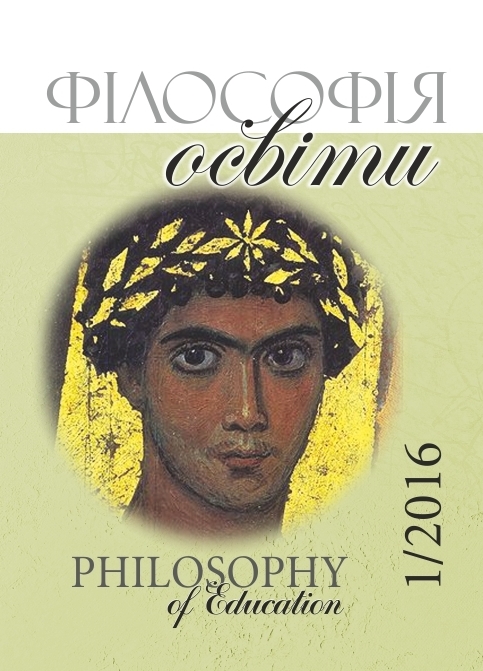Contemporary Global Transformation of University System and the Philosophy of Education Specifications in Anglo-Saxon and American Models of Education and Research Management
DOI:
https://doi.org/10.31874/2309-1606-2016-18-1-94-116Keywords:
higher education,, education system, philosophy of education models, doctoral programs, research space, the model of University, researches, institutional autonomy, globalization, internationalization, integration, the Bologna process, the quantification of educational services, homogenization of educational systems, strategy of developmentAbstract
In today’s world there is diversification of different models of higher education. At the same time, the multiplicity, the diversity of higher education models does not exclude their identity. Internationalization and integration of higher education in a global and international dimension raise a lot of new questions to the theory and practice. Almost every developed country has the rich experience of building the higher education system. The analysis of this experience can aid development and enrichment of the national educational system; it provides an opportunity to avoid repeating the same mistakes and to discover the new approaches to solving some problems in this area. Therefore, based on this, we consider that it is impossible to claim the creation of the strategy of modernization educational and scientific reforms, which affect the educational and scientific institution of the society in the management of scientific and educational space without analysis of the existing models, schools, directions, their classification in contemporary philosophy of education. It concern as well the sphere of the social philosophy of education as the sphere of management of education. The continuity of public education, qualitative management, their intensity can only be achieved under two conditions of the fundamental character. The first one is use of new, theoretically grounded and practically proven management, philosophically developed, accessible and technically supported high technology of social activity, education, training, and learning. The second condition is the perfect acquisition of the methodology of socio-axiological and research activity. The structure must provide the same conditions for equitable selection of civil, educational and scientific-educational actions, excluding coercion and domination. It is noted that the existence of developed civil society among the existing conditions and prerequisites for the successful formation and functioning of educational systems and effective models of multilevel educational management is necessary. Thus, we can conclude that the strategy of the modern world development proposed by the social philosophy of upbringing and education is a key in the field of social administration, philosophy, and pedagogy. This is what we exactly mean by education, science or some of the paradigms of upbringing and education as a dominant one on a certain socio-historical stage. This understanding largely depends on the manner of organization and functioning of civil society in the present and future.
Downloads
-
PDF (Українська)
Downloads: 575
Published
How to Cite
Issue
Section
License
- Authors who publish with this journal agree to the following terms:
- Authors retain copyright and grant the journal right of first publication;
- Authors are able to enter into separate, additional contractual arrangements for the non-exclusive distribution of the journal's published version of the work (e.g., post it to an institutional repository or publish it in a book), with an acknowledgement of its initial publication in this journal.





